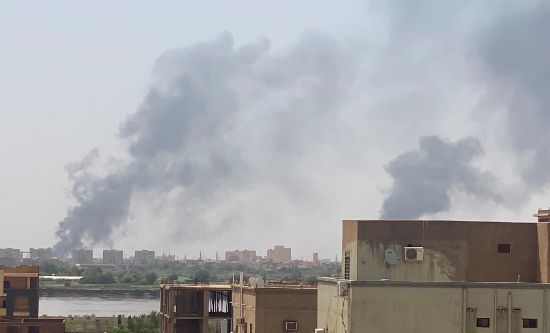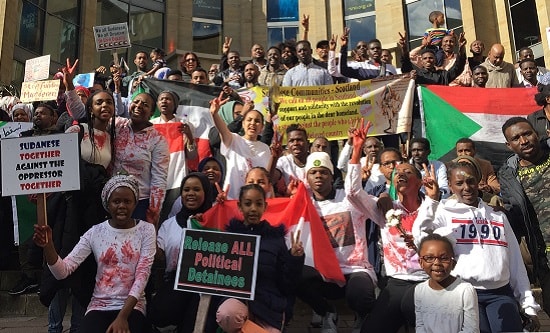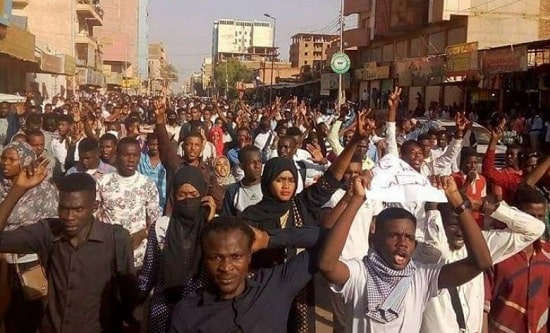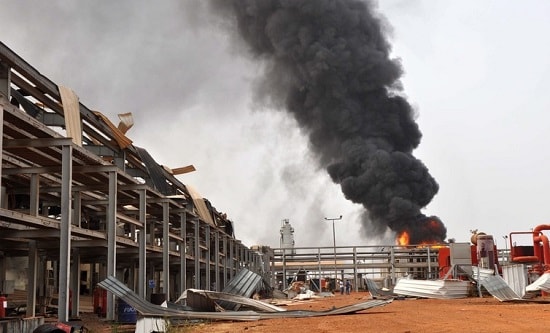Imperialists bloody their hands in Sudan
- Details
- Created: Wednesday, 15 May 2024 14:39
- Written by Jacob O'Neill

The civil war in Sudan between the Sudanese Armed Forces (SAF) and Rapid Support Forces (RSF), the two rival factions within the military coup government, marks its first anniversary on 15 April. The war has returned to the capital, Khartoum, with the RSF having taken almost the entire city. SAF general Abdel Fattah al-Burhan, de facto ruler of Sudan since he assumed power in a coup in October 2021, has moved his government to Port Sudan, 670 kilometres away. 25 million Sudanese people, over half of the population, are reportedly in need of urgent aid with the UN’s aid chief Martin Griffiths referring to Sudan as ‘the place of the greatest suffering in the world’. With the media focus on the Israeli genocide in Gaza, and the war in Ukraine, the Sudanese civil war has become known as ‘the hidden war’.










